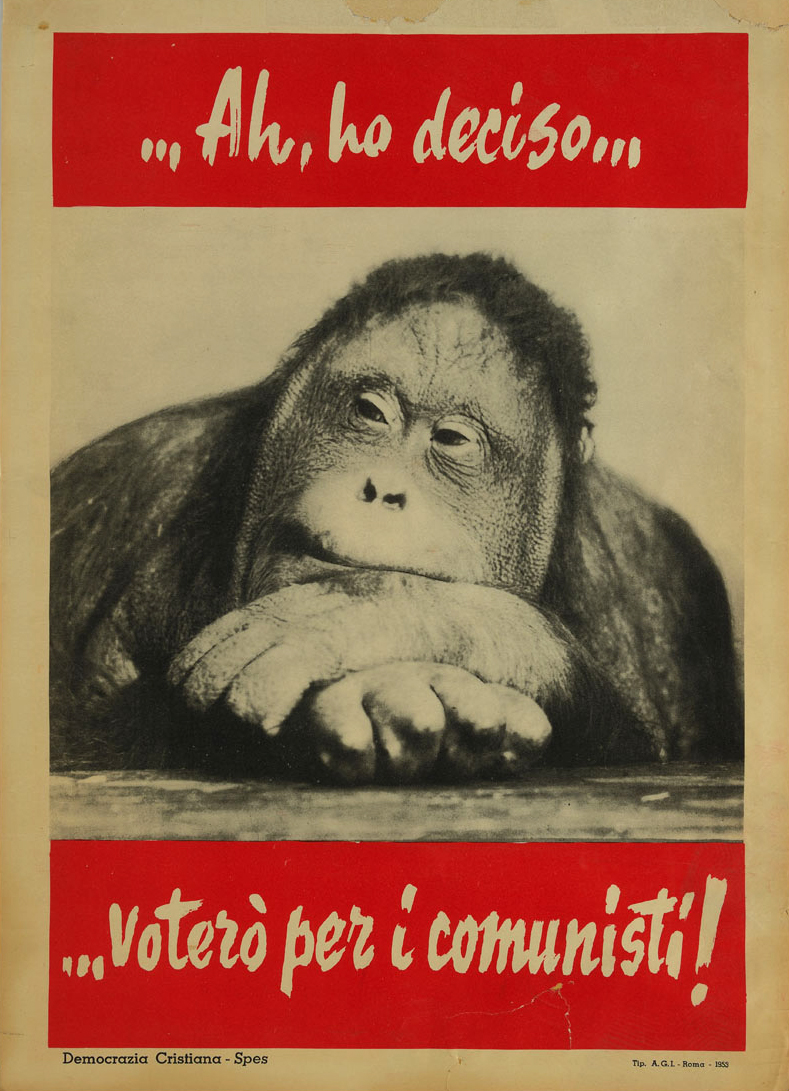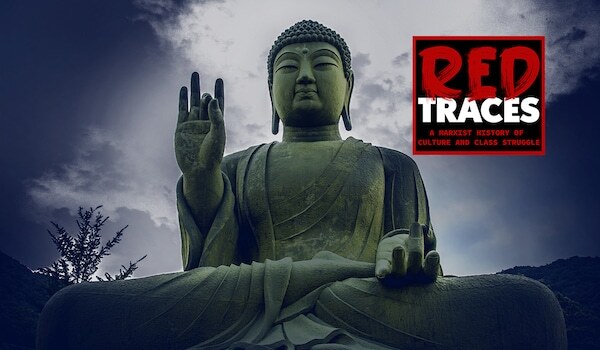

Yeah it’s also crazy when you realize how instinctual it is. Like I don’t think all the dolts at the Guardian pumping out ink for the ink god really reflectively think ‘we have to craft this Manichean narrative for the sake of liberalism’ given that’s not actually how ideology generally works. I have no doubt (actually, I know from personal experience) that it you push narrative which don’t conform you will sometimes get responses which straight-up make no reference to the truth of the matter but explicitly reject what you’re saying because it’s politically inconvenient. That being said, it is fascinating and disturbing how reflexive and instinctual these kinds of responses are in general liberal culture, and how little most people in liberal societies are either unwilling or incapable of critically analyzing and evaluating this kind of stuff. Like they could just read what Putin says to get a more accurate account of the Russian state’s motivations for their actions.















I don’t really see the psychological attraction you’re referring to either, tbh; it mainly strikes me as a form of self-indulgent sadism one can only engage in when the war is a highly abstracted team sport being viewed from the comfort of an armchair in another part of the world.
The average Ukrainian soldier is a prole who is drafted into the war and doesn’t want to be there. You might think they hold reactionary opinions (and many of them undoubtedly do), but that’s no basis for any ethically or politically coherent position when it comes to how to deal with the issue. It’s the obligation of communists to educate their fellow working class members in order to deal with those reactionary tendencies.
This of course doesn’t apply as much to the openly and explicity fascist and neonazi presences in the Ukrainian military and the fascist and oligarchic forces controlling the state. They don’t really deserve much time or mercy.